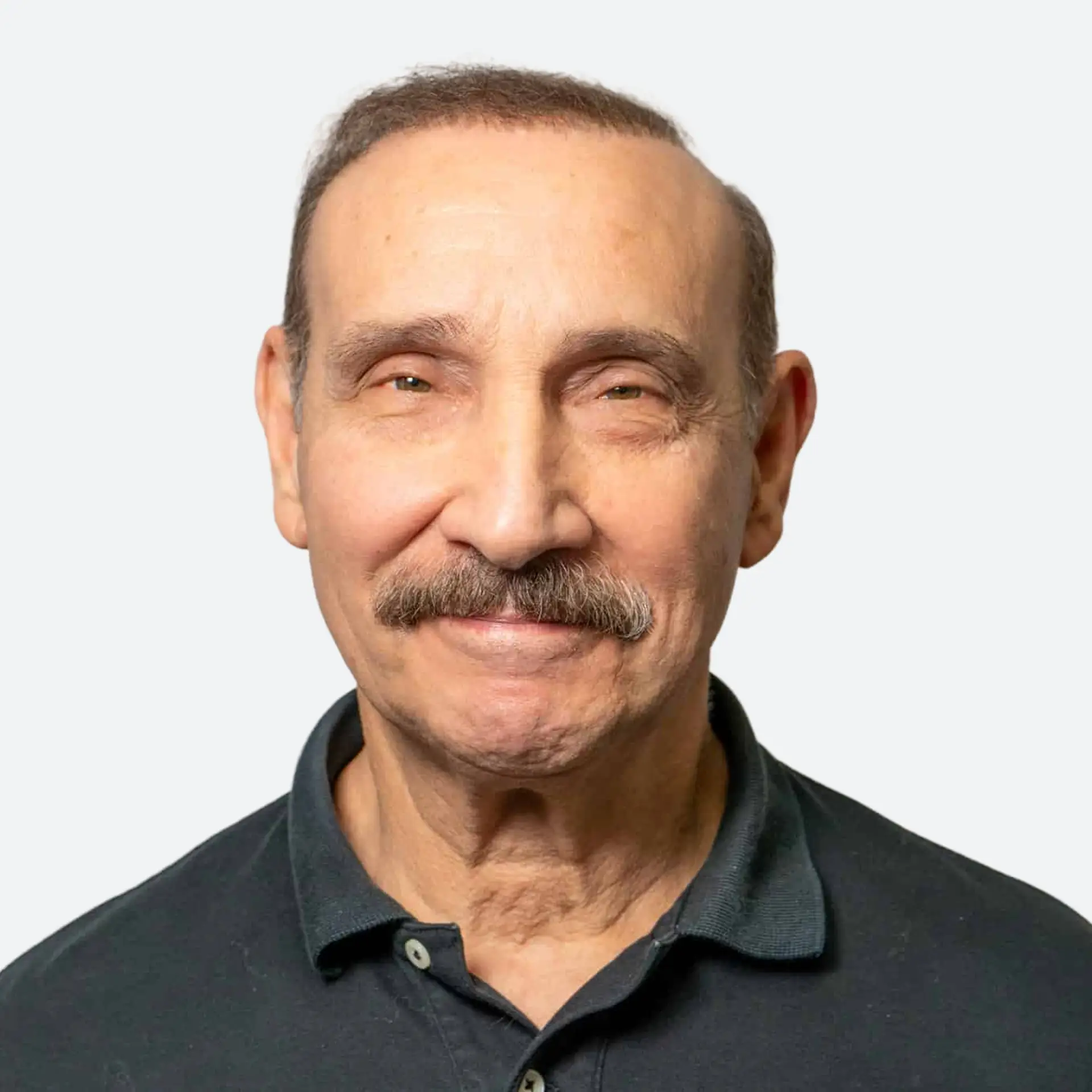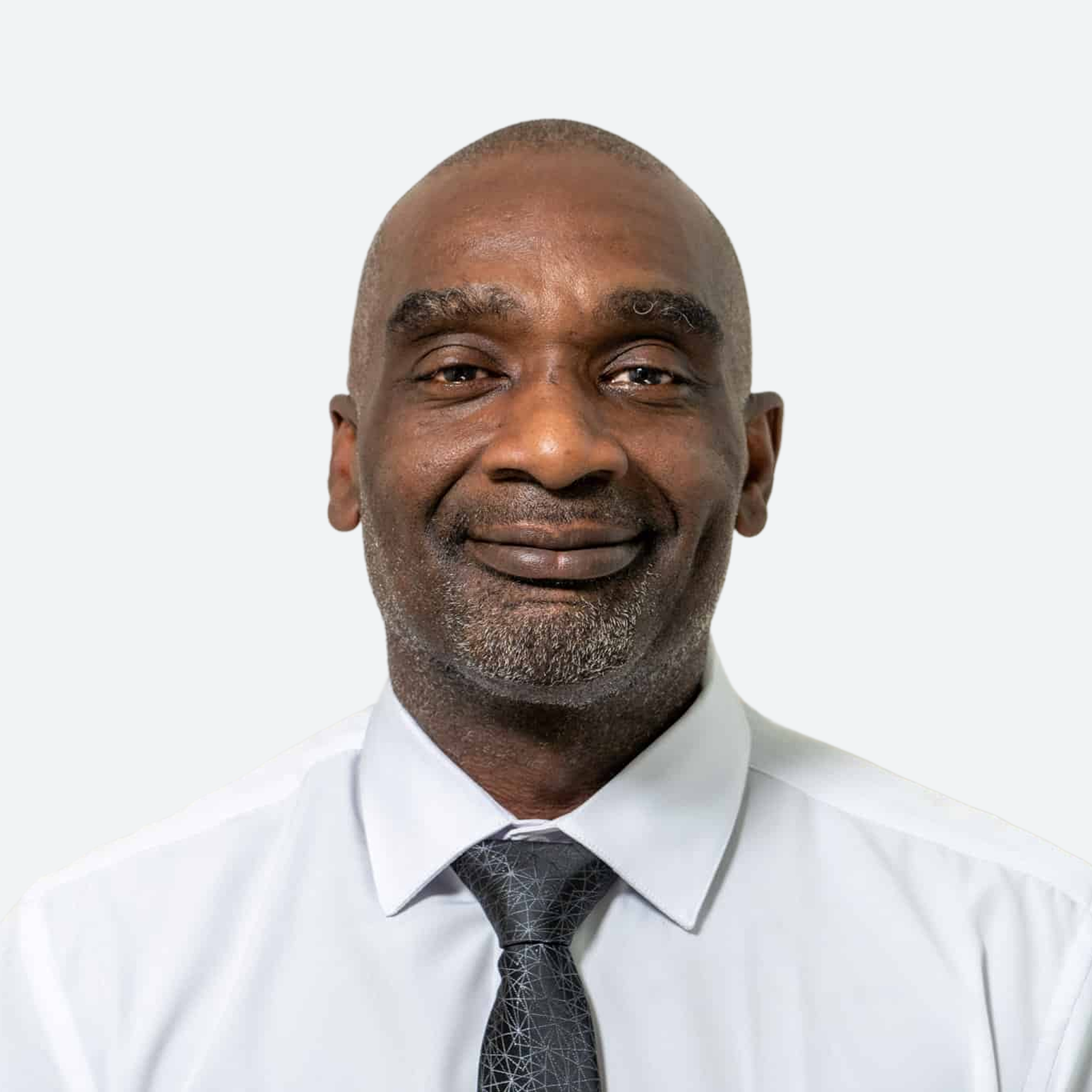
In the United States, benzodiazepines (benzos) are one of the most commonly prescribed medications. In 2017, over 120 million benzodiazepine prescriptions were filled in the US. Benzos are sedative-hypnotic drugs often used to treat anxiety disorder, panic disorder, muscle spasms, certain seizure disorders, and sleep disorders in rare situations. Unfortunately, benzodiazepine abuse is also a major issue in the country.
Tolerance and physiological dependency on benzodiazepines may develop with chronic usage. As a result, users may feel compelled to take more benzos to get the desired effect and then continue taking them to prevent withdrawal symptoms. Although these are not only contributing factors, both of these phenomena can contribute to long-term, compulsive usage or benzodiazepine addiction.
It is recommended that anybody suffering from benzodiazepine addiction get professional help. However, this might be difficult since individuals are unsure of what to look for. Not every treatment center is the same, and treatment programs might differ from one to the next. To guarantee an effective treatment program, the chosen rehab facility should provide a comprehensive continuum of care and provide patients with a wide selection of treatment options.
Finding a medical detox center is the safest approach to continue the treatment process because benzodiazepine withdrawal symptoms can be severe. Trying an at-home or rapid detox method may result in relapse due to cravings during detox and in the weeks following.
Among these treatment services include:
In the early stages of usage, benzos can be quite useful, particularly in treating symptoms of insomnia. When benzodiazepines are taken for longer periods of time or at higher doses, they can become very addictive.
Before addiction takes hold, a person will develop tolerance to benzos. This implies they begin taking a higher dose than was initially prescribed in order to achieve the same benefit with a lower dose.
Tolerance can progress to dependency when a person begins to rely on benzodiazepine because they experience physical and psychological disturbances without it.
Following are some of the common physical, psychological, and behavioral symptoms of benzodiazepine addiction:
Approximately 8.6 percent of the American population needs treatment for drug or alcohol abuse. However, only a small number of these people actually receive treatment. Whether it’s due to shame, the assumption that their substance use isn’t “that bad,” or any other reason, many people put off seeking professional treatment until their addiction has significantly impacted their lives.
Consider the following signs if you are in a place where you think you may need treatment but are unsure. This list may motivate you to see a counselor sooner rather than later.
Bravely recognizing an addiction problem is challenging but can help you achieve freedom with the right tools and treatment. To begin your recovery journey today, contact The Haven Detox at (561) 328-8627.
Although benzodiazepines provide important medical benefits, misuse is rising—and these drugs can be as addictive as opioids or marijuana. By increasing dopamine in the brain, they create a rewarding “good mood” that, over time, drives both physical and psychological dependence. High doses accelerate tolerance and the need for larger amounts to achieve the same effects. Many people who misuse benzodiazepines obtain them through their own prescriptions or someone else’s, often alongside other substances (most commonly opioids or alcohol) to manage withdrawal or amplify euphoria.
Genetics & Family History
Individuals inherit not only genes but also brain-chemistry responses. If close relatives have struggled with benzodiazepine misuse, one’s own risk of addiction increases.
Environmental Cues
Growing up around substance use normalizes drug taking and raises experimentation risk. Key environmental triggers include:
Psychological Cues
Trauma, abuse, neglect, or ongoing domestic violence can create chronic anxiety and distress. Benzodiazepines may initially alleviate these feelings, but over time this coping strategy can evolve into full-blown addiction.
Risk Factors
Anyone can develop a benzodiazepine addiction, but certain circumstances heighten vulnerability:
Lack of Supervision
Teens with minimal parental monitoring or high family conflict often turn to benzos as a form of escape. Inconsistent discipline or unrealistic expectations further increase risk.
Peer Pressure
Adolescents seeking acceptance may sample benzodiazepines to fit in. Those who struggle academically or socially are especially prone to experimentation and subsequent misuse.
Mental Health Disorders
Using benzodiazepines to self-medicate symptoms of anxiety, depression, or loneliness can deepen underlying issues and accelerate dependency.
Benzodiazepine misuse slows the central nervous system, producing both immediate and long-term harms:
Short-Term Effects
Long-Term Effects
Effects on Relationships
Dependence shifts priorities toward drug-seeking, eroding trust and communication. Partners and family members often feel betrayed or overwhelmed by the addict’s behavior.
Effects on Employment
Effects on Health
Chronic benzo use can lead to serious physical and mental health issues, including cognitive decline and aggravation of underlying anxiety or depressive disorders.
Effects on Safety
By recognizing these causes, risk factors, and effects, clinicians, loved ones, and individuals themselves can better target prevention efforts, early interventions, and comprehensive treatment plans.
This program is designed for teens—every part of it. With a maximum of just 22 teens in our care at any time, our team has the space to build meaningful, personal relationships with each adolescent and stay closely connected to every family.

Medical Director
Over 40 years in addiction medicine, with a focus on adolescent care for nearly three decades

Clinical Director
Leads trauma-informed therapy with a personalized approach

Program Director
Brings 20 years of youth-focused experience in family systems and crisis stabilization

Professional Chef
Prepares nourishing meals that create community and comfort, with over 25 years of experience

Creative Arts Therapist
Helps teens process emotions through music, art, and expression
Families come from all over the country for one reason: the care here works. Your teen isn’t just treated. They’re seen, supported, and given the tools to grow.
Benzodiazepines should be provided for the shortest amount of time feasible. Regular use of benzodiazepines for a few weeks or longer can develop into addiction. Doctors advise just taking these for 2-4 weeks. Intermittent usage may aid in the prevention of addiction.
Benzodiazepines operate by increasing the levels of gamma-aminobutyric acid (GABA) in the brain, which acts as a natural tranquilizer, relaxing neuron firings associated with tension and stress reactions.
Xanax is the most powerful benzodiazepine for treating anxiety. Alprazolam is one of the strongest short-acting benzodiazepines and is frequently recommended by doctors because its half-life is less than 26 hours.



Many More
It’s time to make a change for your teen. Get answers today.
100% Confidential
You’ve tried what you can. If nothing else has helped, this may be the step that finally moves things forward.
You don’t have to figure it out alone. Reach out today to talk with someone who understands. We’ll help you decide if Never Alone is the right fit, and walk you through what happens next.